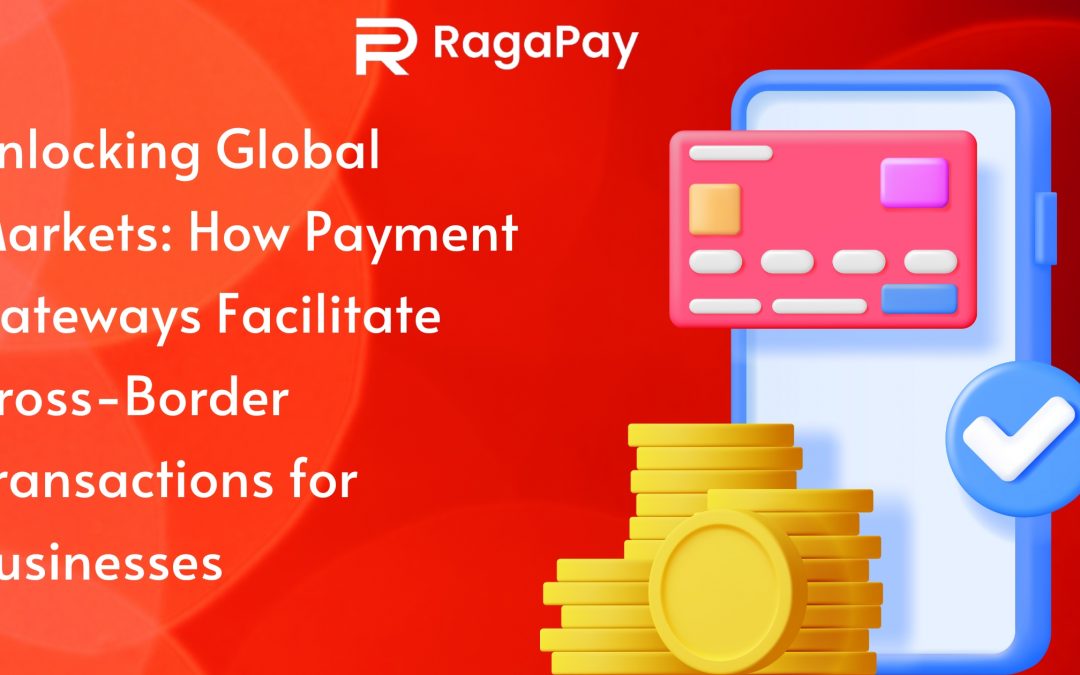Introduction:
In today’s interconnected world, businesses are no longer confined by geographical boundaries. With the advent of e-commerce and digital marketplaces, opportunities to tap into global markets have never been more accessible. However, navigating the complexities of cross-border transactions can be challenging, particularly when it comes to processing payments across different currencies and payment methods. This is where payment gateways play a crucial role in facilitating seamless transactions for businesses operating on a global scale.
Streamlined Payment Processing:
Payment gateways serve as the bridge between the merchant’s website and the financial institutions involved in processing the transaction. They enable businesses to accept payments from customers worldwide, regardless of their location or preferred currency. By integrating with multiple payment methods and currencies, payment gateways streamline the checkout process, enhancing the overall customer experience.
Currency Conversion:
One of the primary challenges in cross-border transactions is dealing with multiple currencies. Payment gateways offer built-in currency conversion functionality, allowing businesses to accept payments in various currencies and automatically convert them into their preferred currency. This eliminates the need for businesses to maintain separate accounts for each currency and simplifies reconciliation processes.
Risk Management:
Cross-border transactions inherently involve higher levels of risk, including fraud and chargebacks. Payment gateways employ advanced fraud detection and prevention mechanisms to mitigate these risks and protect businesses from fraudulent activities. By analyzing transaction data in real-time and implementing security measures such as tokenization and encryption, payment gateways help safeguard sensitive customer information and reduce the likelihood of fraudulent transactions.
Compliance and Regulation:
Operating in global markets requires businesses to adhere to a diverse set of regulations and compliance standards. Payment gateways ensure compliance with international payment regulations, such as PCI DSS (Payment Card Industry Data Security Standard), GDPR (General Data Protection Regulation), and PSD2 (Revised Payment Services Directive). By staying up-to-date with regulatory requirements and implementing robust security measures, payment gateways enable businesses to navigate the complex landscape of cross-border transactions while remaining compliant with legal and regulatory frameworks.
Payment gateways serve as intermediaries between merchants and financial institutions, enabling seamless processing of cross-border transactions.
Currency conversion functionality allows businesses to accept payments in multiple currencies and convert them into their preferred currency.
Advanced fraud detection and prevention mechanisms help mitigate risks associated with cross-border transactions, protecting businesses from fraudulent activities.
Payment gateways ensure compliance with international payment regulations and standards, enabling businesses to operate in global markets while adhering to legal and regulatory requirements.
Conclusion:
In conclusion, payment gateways play a pivotal role in unlocking global markets for businesses by facilitating seamless cross-border transactions. From streamlined payment processing to advanced fraud detection and compliance with international regulations, payment gateways offer a comprehensive solution for businesses looking to expand their reach and tap into new markets. By leveraging the capabilities of payment gateways, businesses can overcome the challenges of cross-border transactions and capitalize on the vast opportunities presented by the global economy.

